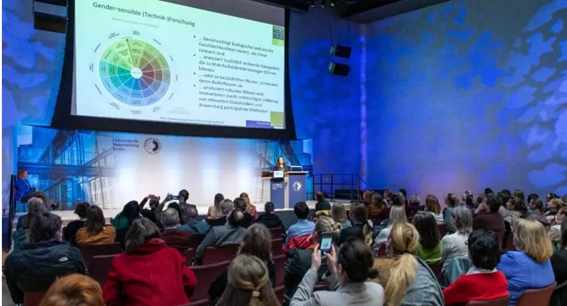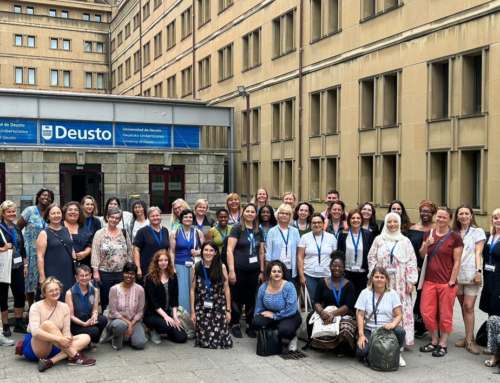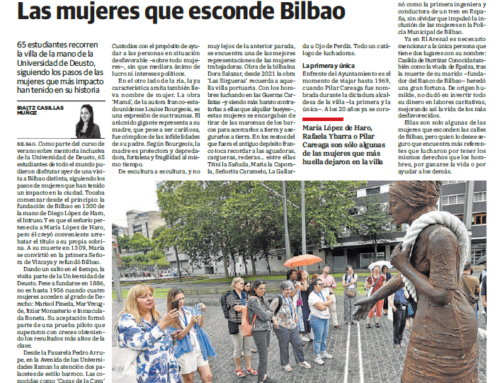Anita Thaler (WG3) gave a lecture on March 7 at the University for Continuing Education Krems, on the occasion of International Women’s Day 2024, on how gender gaps in science affect us all.
The lecture has addressed stumbling blocks in research, from so-called I-methodology and hallway testing to gender stereotypes and so-called unconscious biases. But how can research avoid these pitfalls and contribute to closing gender gaps? Among other things, Thaler presented the PROTEA project, which aims to improve user acceptance of prostheses and medical aids through 3D printing and the use of sensors. In PROTEA, gender-sensitive, participatory technology design is being successfully implemented in a transdisciplinary team. Anita Thaler and her Carinthia University of Applied Sciences colleagues Daniela Krainer and Sascha Fink will report more on this at the “Critical Issues in Science, Technology and Society Studies” conference from May 6-8, 2024 in Graz.
In the GenCon project, Anita Thaler and Jenny Schlager, together with Pro2Future, are also considering how gender and diversity can be consistently taken into account in responsible research on artificial intelligence. On February 29, 2024, they applied in a co-creative workshop with 15 technicians, the concept of ‘gendered innovations’ to new research ideas and planned the first steps for projects on diversity-sensitive AI research.
Some of Dr. Thaler’s future presentations include:
- 22nd Annual STS Conference Graz 2024 „Critical Issues in Science, Technology and Society Studies“, May 6-8 in Graz & online: “Co-creating a 3D printed prosthesis design using an intersectionality lens” – paper presentation; “Gender and Intersectionality in Technology and Innovation Research – The Practical Experience” – session organisation, with Dr. Clemens Striebing.
- International Conference on Gender Research from 25-26th April in Barcelona: “How Gender-diverse is Biodiversity Research? Using Intersectionality to Address Inequalities” – paper presentation, with Sandra Karner.
- EASST Conference – July 16-19th in Amsterdam: “Feminist STS in the making: Experiences from translating intersectionality into health technology, artificial intelligence and biodiversity research”.




